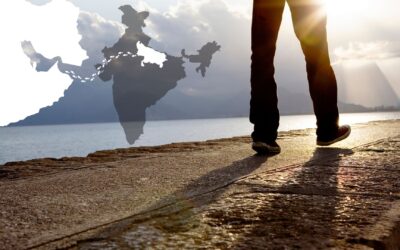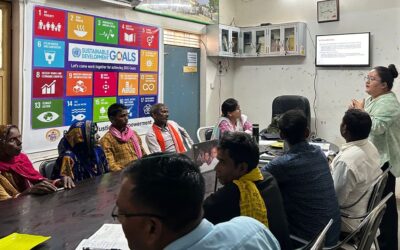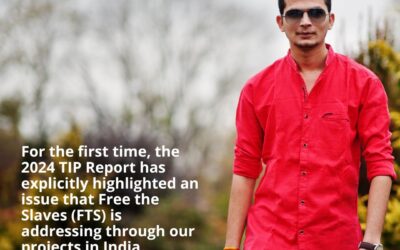Staying free is just as important as breaking free. It’s vital that slavery survivors plan what they will do to earn a living once they are rescued.
In the India village of Kukdaha, rescued slaves decided that they would do in freedom exactly what they did in slavery: make bricks. Except now they would be laboring for themselves, their families and their community.
You can see their story, Building Freedom Brick by Brick, on our website video page. It’s the latest installment in the Face to Face with Slavery series produced by volunteer filmmakers Cassie and Jordan Timpy.
Making bricks is not easy work, but these survivors are smiling.
“Starting our own brick kiln is like starting a family business,” says Gopal. “It’s like we are working hard for our own family. Now we have a happy life and in the future our children will have happy lives,” he says.
Developing a plan for life after slavery gives those in bondage the inspiration to step toward freedom. It’s all about people’s “belief,” says Rajneesh Yadav of our India partner organization MSEMVS. It’s about “self-sustained liberation,” he says.
The slavery survivors in Kukdaha determined that making bricks is what they do best.
“We do not give any big dreams to the communities that are freed,” says Free the Slaves South Asia Director Supriya Awasthi. “Because we want them to have those dreams and then realize them.”
One woman wrapped up the importance of starting the brick kiln in six short words: “To me, this brick means freedom.”
See other videos in our Face to Face with Slavery series, from Nepal and the Congo, on our video page.
Learn more about our front-line program and successes in India here.



